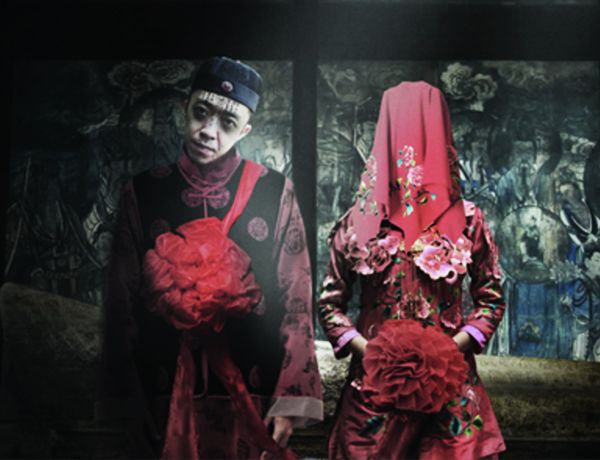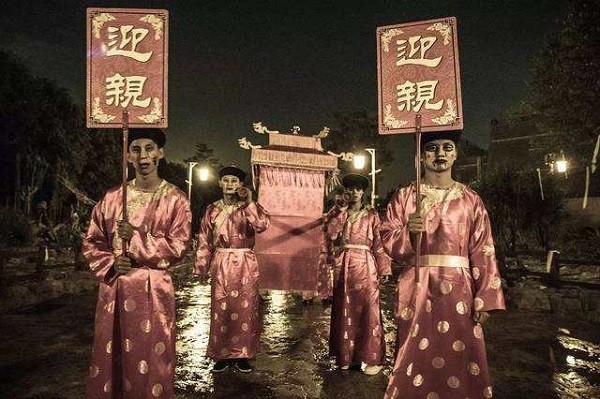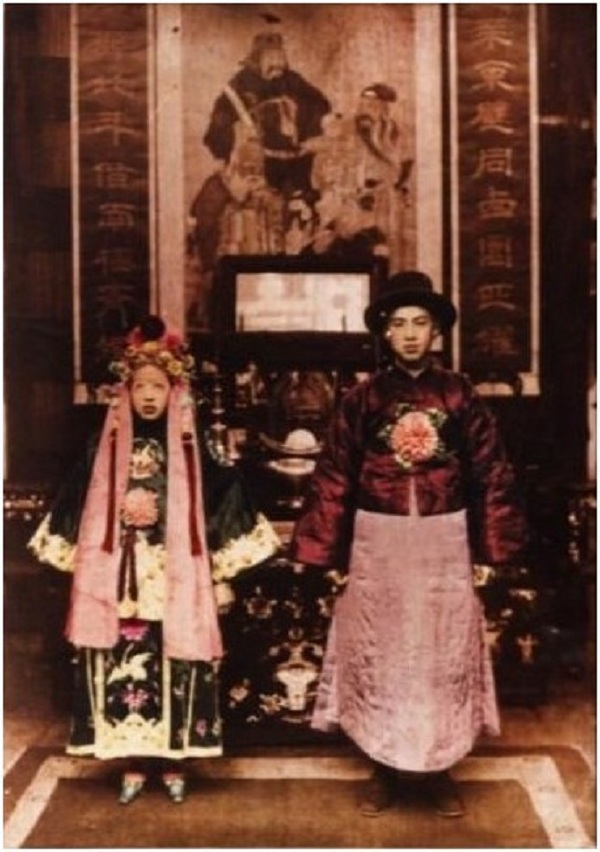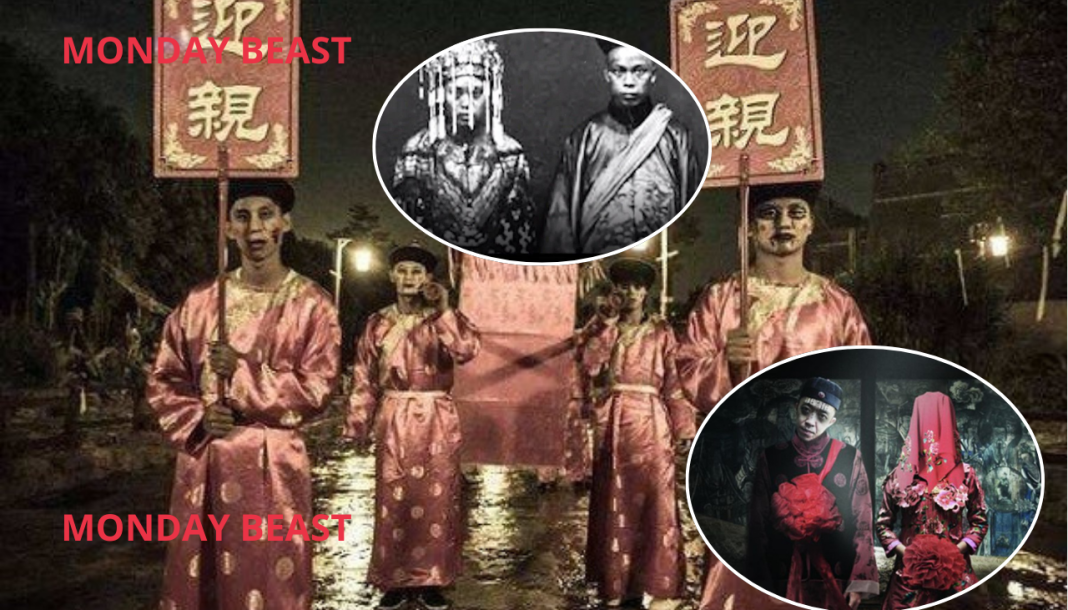Understanding Ghost Marriage
Ghost marriage, an eerie practice found in Chinese culture, fascinates and unsettles. Have you ever considered what happens to the souls of the unmarried? This ancient belief treats posthumous unions as a way to ensure peace in the afterlife. Families worry about their deceased loved ones wandering restlessly without companionship. It’s striking how deeply entwined these traditions are with family honor and destiny. The notion of marrying a ghost may seem peculiar to many, yet for some, it’s a heart-wrenching obligation.
Historical Roots
The origins of ghost marriage date back to the Zhou Dynasty, spanning over two millennia. During this time, a belief took hold: those who died single would float aimlessly in their spiritual afterlife. People saw ghost marriage as a solemn duty. To them, it was not about romance, but about providing a sacred bond that would bring tranquility. Can modern society understand why families cling to such traditions?
The Ceremonial Process

A traditional Chinese ghost marriage ceremony, featuring elaborate decorations, ancestral altars, and offerings to connect with spirits. The atmosphere captures the blend of ritual and belief in honoring the deceased.
The wedding ceremony often resembles traditional Chinese weddings. Banners are hung, and offerings are made. In some cases, two deceased individuals are united in this afterlife matrimony. Sometimes, the living are drawn into these arrangements. Forced marriages arise from familial obligations, testing personal autonomy. What does this mean for those who feel trapped by the traditions of their ancestors?
Commercialization of Ghost Marriage

In rural areas, an underground market thrives in ghost marriage. Some families pay staggering sums for what they consider a necessary sacrifice—a ghost bride for their departed son. This practice raises eyebrows and concerns for human rights. Buying corpses might seem grotesque, but for many, it’s simply duty. Has a tradition morphed into an exploitation of despair?
The Dark Side of Tradition
Ghost marriage can become grim. Grave robbing and even murder for the sake of ghost brides take place under the cover of darkness. The Chinese government’s attempts to ban these practices show a clear clash between ancient customs and the modern legal framework. Many still hold onto these beliefs, treating them as sacred. How do we navigate the complexities of respecting culture while advocating for basic human rights?
Raising Awareness and Seeking Solutions

A serene rural setting with a family’s ancestral grave, reflecting the tradition of ghost marriage. The scene embodies the coexistence of life, death, and cultural obligation in Chinese society.
With a deep-rooted belief in spiritual connections, ghost marriage brings serious ethical implications. The intersection of faith and moral values becomes crucial in these discussions. Rather than simply invalidating the cultural significance of these practices, could a dialogue provide a bridge to change? Understanding human rights within these contexts is definitely needed. How do we ensure these age-old customs do not lead to undisputed inhumanities in today’s world?
Concluding Thoughts
As we explore these themes, it is essential to keep an open mind. Ghost marriage challenges societal norms and invites us to question the boundaries of life and death. The emphasis on family legacy and the supernatural ties to love may seem distant in today’s rapidly changing world. But, it is a reminder of the intertwining of old beliefs with contemporary reality. What can we learn from these deeply rooted practices? The conversation around ghost marriage remains vital, highlighting our universal quest for connection, even in the afterlife.




